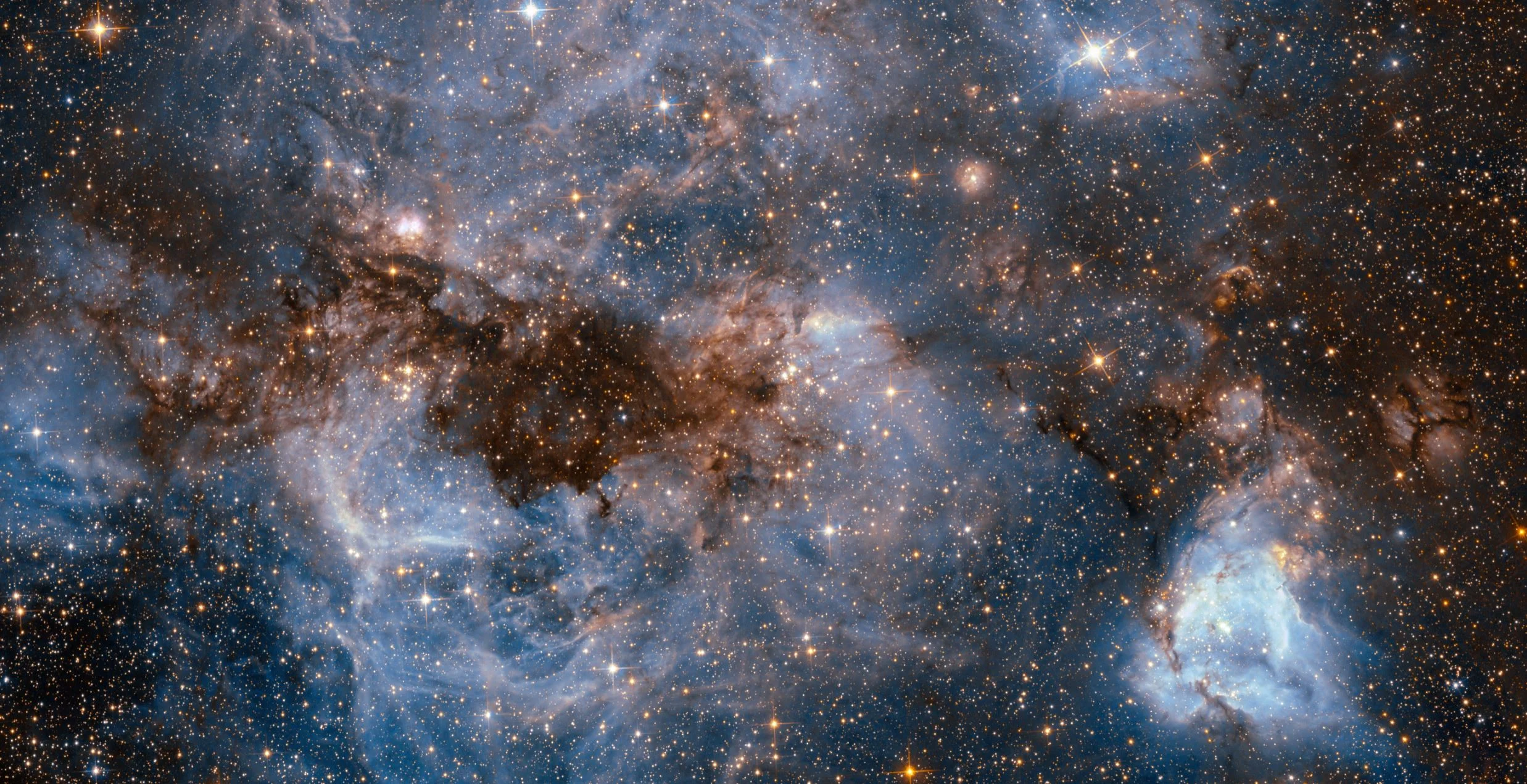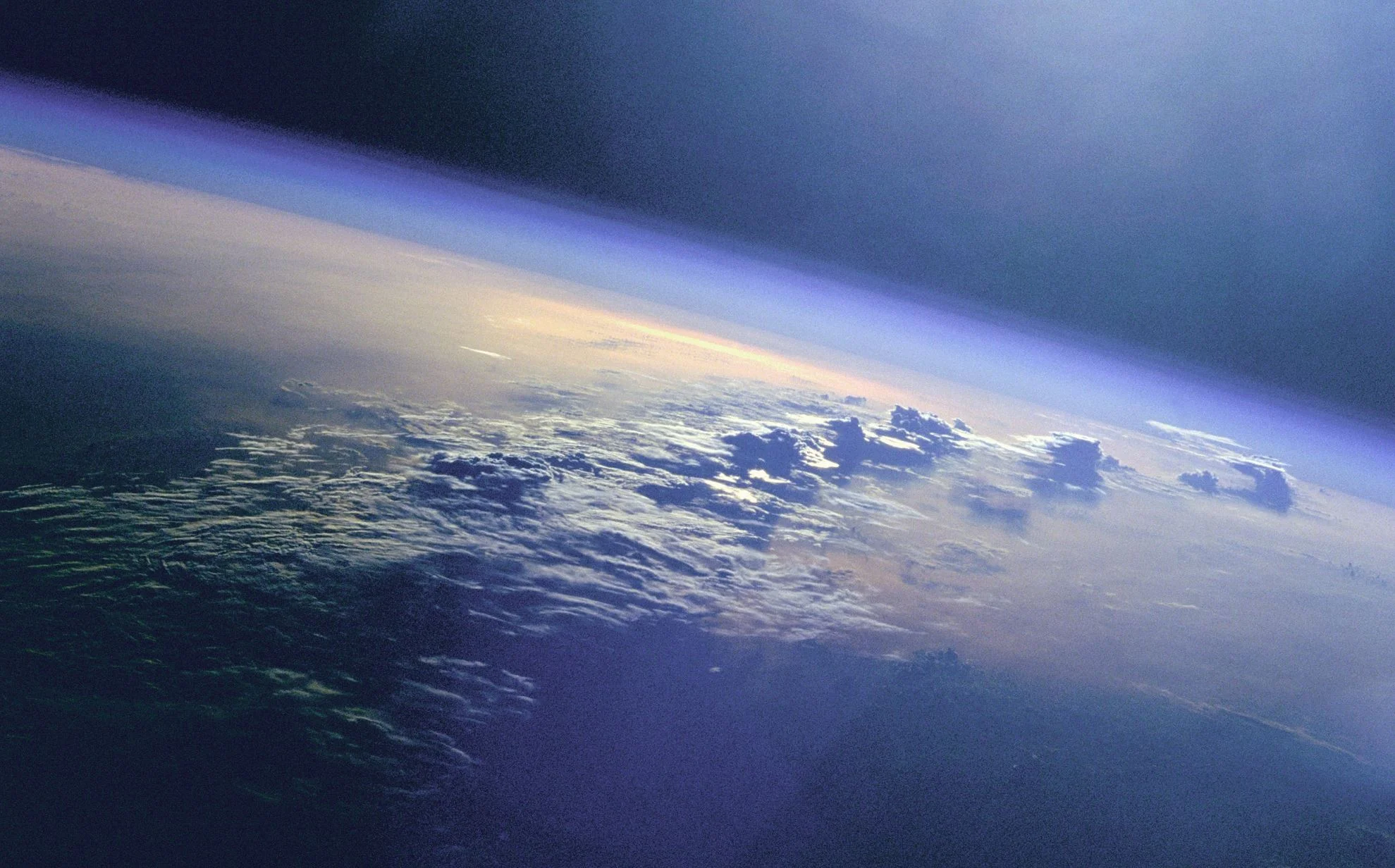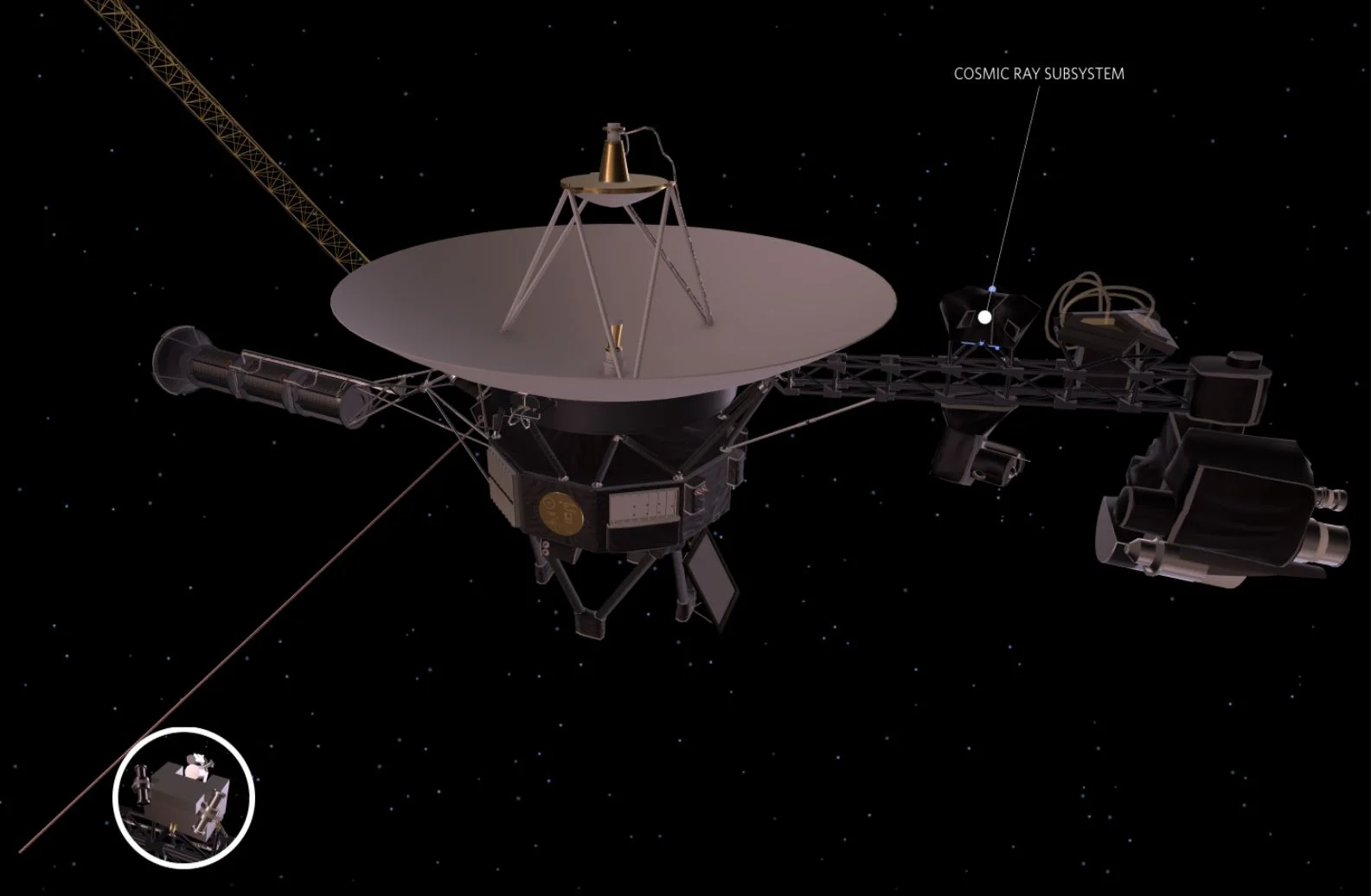A record start to summer ice melt in Greenland this year has drawn attention to the northern ice sheet. We will have to wait to see if 2019 continues to break ice-melt records, but in the rapidly warming Arctic the long-term trends of ice loss are clear.
Commercial supersonic aircraft could return to the skies
Flying faster than the speed of sound still sounds futuristic for regular people, more than 15 years after the last commercial supersonic flights ended. The planes that made those journeys, the 14 aircraft collectively known as the Concorde, flew from 1976 to 2003. It traveled three times faster than regular passenger aircraft, but the airlines that flew it couldn’t make a profit on its trips.
Earth’s core has been leaking for billions of years
Long before Armstrong and Aldrin, artists were stoking dreams of space travel
Feel like nutritionists are always changing their minds? Science can help you decide which diet works best for you
Study suggests asteroids and other objects might play key role in spreading the seeds of life
There Should Be More Iron In Space. Why Can’t We See It?
Electrifying research has the potential to ‘switch off’ cancer
Five reasons future space travel should explore asteroids
On the same day that the Earth survived an expected near-miss with asteroid 367943 Duende, Russian dashcams unexpectedly captured footage of a different asteroid as it slammed into the atmosphere, exploded, and injured more than 1,000 people. That day in Chelyabinsk in February 2013 reminded the world that the Earth does not exist in a bubble.
A Jarful of Titan Could Teach Us A Lot About Life There, and Here On Earth
Reforesting an area the size of the US needed to help avert climate breakdown, say researchers – are they right?
Restoring the world’s forests on an unprecedented scale is “the best climate change solution available”, according to a new study. The researchers claim that covering 900m hectares of land – roughly the size of the continental US – with trees could store up to 205 billion tonnes of carbon, about two thirds of the carbon that humans have already put into the atmosphere.
Hubble Uncovers a Black Hole that Shouldn't Exist
Scientists may soon be able to predict your memories – here’s how
Do you remember your first kiss? What about your grandma dying? Chances are you do, and that’s because emotional memories are at the core of our personal life story. Some rare moments are just incredibly intense and stand out from an otherwise repetitive existence of sleeping, eating and working. That said, daily life, too, is replete with experiences that have a personal emotional significance – such as disagreeing with someone or receiving a compliment.
Mars’ North Pole is Doing the Dust Storms Thing Again
New Study Shows How Breaching “Carbon Threshold” Could Trigger Mass Extinction in Earth’s Oceans
Between the scientific community, governments, humanitarian organizations, and even military planners, climate change is considered to be the single greatest threat facing humanity today. Between the increases in famine, disease, flooding, displacement, extreme weather, and chaos that result, it is clear that the way we are causing our planet to get warmer is having dire consequences.
A New Plan for Keeping NASA's Oldest Explorers Going
With careful planning and dashes of creativity, engineers have been able to keep NASA's Voyager 1 and 2 spacecraft flying for nearly 42 years — longer than any other spacecraft in history. To ensure that these vintage robots continue to return the best science data possible from the frontiers of space, mission engineers are implementing a new plan to manage them. And that involves making difficult choices, particularly about instruments and thrusters
Interesting technology: Camera that sees light vibrate could be used in machine vision, autonomous vehicles and more
Women are less supportive of space exploration – getting a woman on the Moon might change that
Very cool: The ESA’s SpaceBok Robot Will Hop Its Way Around Low-Gravity Worlds
NASA Satellites Find Biggest Seaweed Bloom in the World!
An unprecedented belt of brown algae stretches from West Africa to the Gulf of Mexico—and it’s likely here to stay. Scientists at the University of South Florida in St. Petersburg's College of Marine Science used NASA satellite observations to discover and document the largest bloom of macroalgae in the world, dubbed the Great Atlantic Sargassum Belt, as reported in Science.















